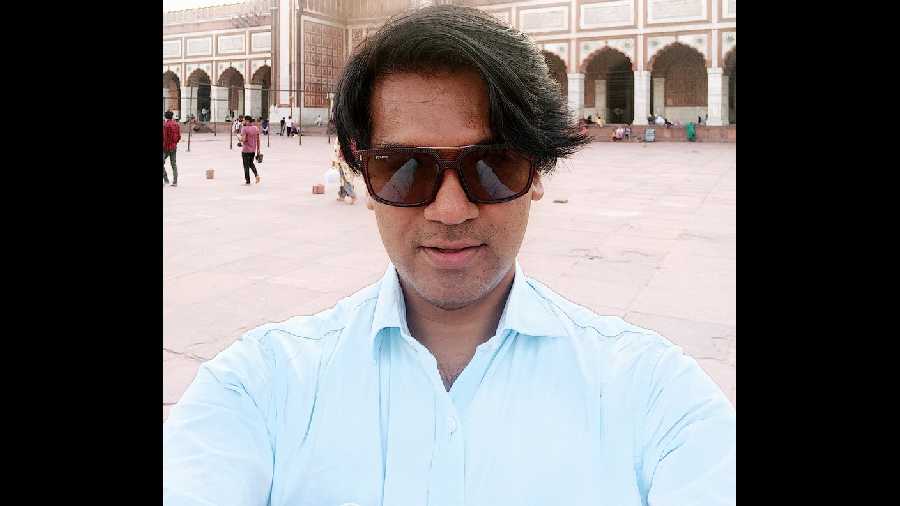The Supreme Court’s decision to grant interim bail to Mohammed Zubair, the co-founder of AltNews, in connection to several mischievous first information reports filed against him is reassuring. The highest court bunched together the FIRs — each of them was filed in Uttar Pradesh that has a Bharatiya Janata Party government at the helm — transferred six of these cases to the Delhi Police and one to a Delhi court, dismantled the investigation team that had been constituted by the UP government and, significantly, quashed a plea that sought to restrain Mr Zubair from tweeting. The importance of this judgment transcends the contours of this particular case. This is because the highest court was reiterating some fundamental principles that are being violated by the State. These principles need to be reiterated. For instance, bail remains a central imperative — a point that the Supreme Court and the Chief Justice of India have emphasised repeatedly — especially at a time when provisions in law are being weaponised by the powers that be to stifle dissenting voices. It is pertinent that the same bench had referred to the administration’s propensity to lodge multiple FIRs against the accused — a “vicious cycle” in the words of the court — that encroached upon individual liberties. It remains to be seen whether the censure desists the State from indulging in such transgressions in the future. The other, equally crucial, point concerns the Supreme Court’s protection of Mr Zubair from infringements on his right to free speech. Earlier, a Delhi court, while granting Mr Zubair bail in a separate case, had also made the point that unrestrained exchange of ideas and views was a central component in the edifice of a free society. The consistent upholding of the right to opinion, it is to be hoped, would have a bearing on a political establishment and its shadowy ecosystem that routinely hurls frivolous charges in the name of honouring hurt religious sentiments.
The real challenge for modern India, though, is the overreach of the State. It is this malaise that has seen critics of the regime — activists, journalists, news organisations, film-makers, artists, students, farmers, political opponents — being harassed in a myriad ways. The State’s agencies, especially the administration and the police, are puppets that march in accordance with the tune set by the master. The Supreme Court has, once again, set the standards of liberty that must be honoured. But will the others, including the lower courts, follow suit?

